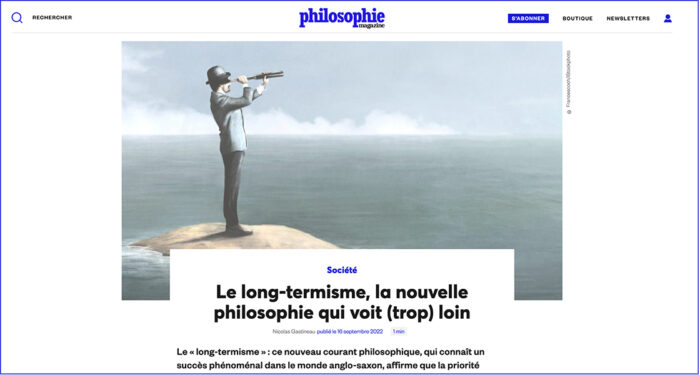For more than 30 years Pierre Rosanvallon, a historian by training, has played his part in “the life of ideas” in France (La vie des idées is, in fact, the name of the website, providing analysis and information on current intellectual debates, which he directs). He has particularly dedicated his efforts in the last 15 years to the history and development of democratic institutions. Two books, published originally in 2006 and 2008 in France, afford us an insight into the changes currently affecting democracy. The first is Counter-Democracy: Politics in an Age of Distrust (Cambridge: Cambridge University Press, 2008), which analyses the emergence of manifestations of the distrust of democracy that ultimately play their part, by the way they express themselves and the questions they raise, in redefining democratic life. The second is the as yet untranslated La Légitimité démocratique (Paris: Seuil, 2008), in which Pierre Rosanvallon studies three imperatives that have gradually come to be seen as binding upon representatives of democratic government: impartiality, “reflexivity” (which aims to ensure that the common good is taken into account) and “proximity” (which consists in paying attention to all particularities). In this article, Julien Damon analyses these two works on the changes in democracy and in the legitimacy of the bodies in which it resides.
Reshapings of Democracy. On the Current Cycle of Work by Pierre Rosanvallon
Cet article fait partie de la revue Futuribles n° 349, fév. 2009


